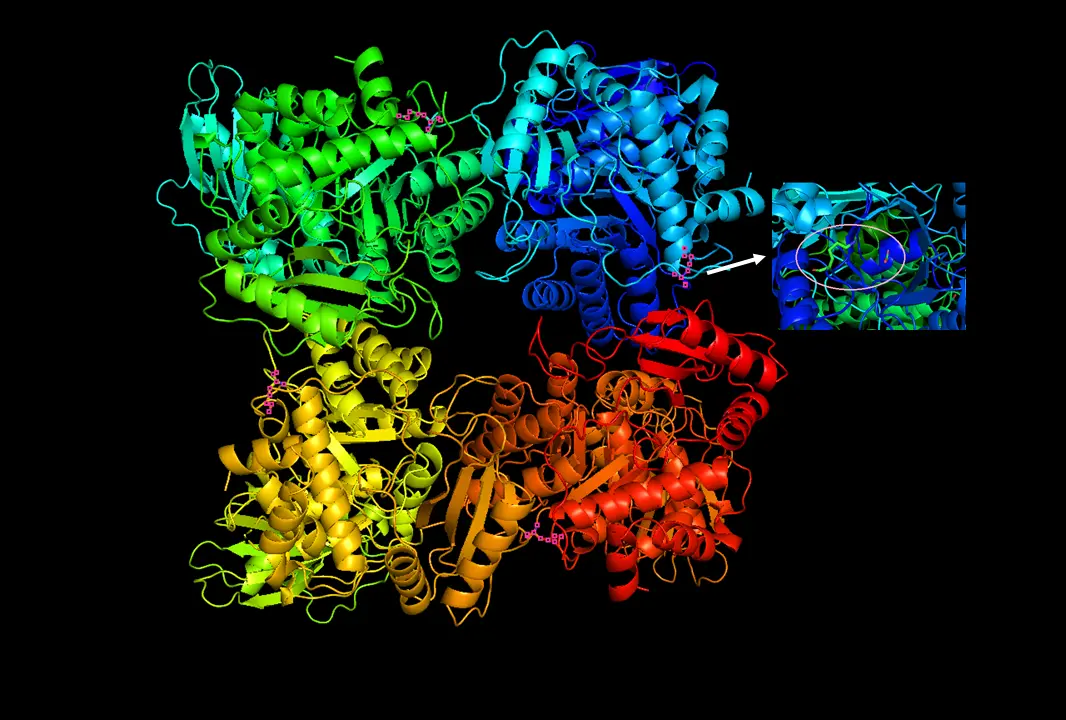The White House on Tuesday doubled down on its stance that it won’t force striking dockworkers back on the job, and insisted that impacts to America’s vital goods will be minimal for now.
The key phrase is for now.
Just after midnight on Tuesday, thousands of dockworkers from New England to Texas represented by the International Longshoremen’s Association, who load and unload cargo at ports on the East and Gulf coasts, took to the picket lines. So far the Biden administration is sticking to its script: try to bring the union and the shipping industry to the table, monitor the situation and hope the dispute doesn’t drag out.
All of this means President Joe Biden is not planning to use powers from the 1947 Taft-Hartley Act to end the strike. Business groups like the U.S. Chamber of Commerce are already calling for Biden to invoke the act, but that would infuriate union members just weeks before the election.
On Tuesday the Republican chair of the House Transportation Committee also called on the administration to use the Taft-Hartley law and blamed the administration for not preventing the strike in the first place. The letter, signed by Chair Sam Graves (R-Mo.) and and Coast Guard and Maritime Transportation Subcommittee Chair Daniel Webster (R-Fla.) pointed to President George Bush’s decision to invoke the act against striking dock workers in 2002 as an example of effective action.
“Continued inaction only compounds our Nation’s economic harm, further burdening American families’ pocketbooks,” the Republicans wrote.
The White House said the president and vice president were briefed on assessments by federal agencies that “show impacts on consumers are expected to be limited at this time,” including fuel, food, medicine and infant formula.
The White House also outlined all the products that it says will not be affected by the strike, including bulk shipments of grain, crude oil, gasoline, natural gas, and other liquid fuel exports and imports.
But many other products — from fresh fruit to new cars and materials for manufacturing — will be affected, and that list could grow depending on how long the strike lasts.
For now, Biden is counting on his lieutenants to try to cajole both sides into a deal. He’s tasked Transportation Secretary Pete Buttigieg, acting Labor Secretary Julie Su and economic adviser Lael Brainard to try to keep negotiations going.
The administration is also trying to assure Americans it has learned lessons about the supply chain from the pandemic, severe weather events and the collapse this year of a Baltimore bridge that idled part of that city’s port.
One Biden ally, New York Gov. Kathy Hochul, suggested on Monday that the closeness to the election had its upsides because consumers shouldn’t feel major impacts from a strike during the few weeks before voters finish heading to the polls.
But the head of the dockworkers union has threatened to “cripple” the economy to get the shipping industry he’s negotiating with to meet his demands for higher wages. There were some last-minute hopes Monday for a deal before the strike began, with the shipping industry saying it had offered dockworkers “nearly” 50 percent wage increases over the next six years.
Appearing on Fox News Tuesday morning, Harold J. Daggett, international president of the dockworkers union, said it’s “time for Washington to put so much pressure on them to take care of us because we took care of them.”
“Now you start to realize who the longshoremen are, right? People never gave a shit about us until now when they finally realized that the chain is being broken now. Cars won’t come in, food won’t come in, clothing won’t come in. You know how many people depend on our jobs? Half the world,” he said.
And he shouldn’t. Interfering with workers trying to strike so that they can get better working conditions is almost never a good thing.
Good, let the union be a union.
Frank Sobotka ovah heeereeeee


